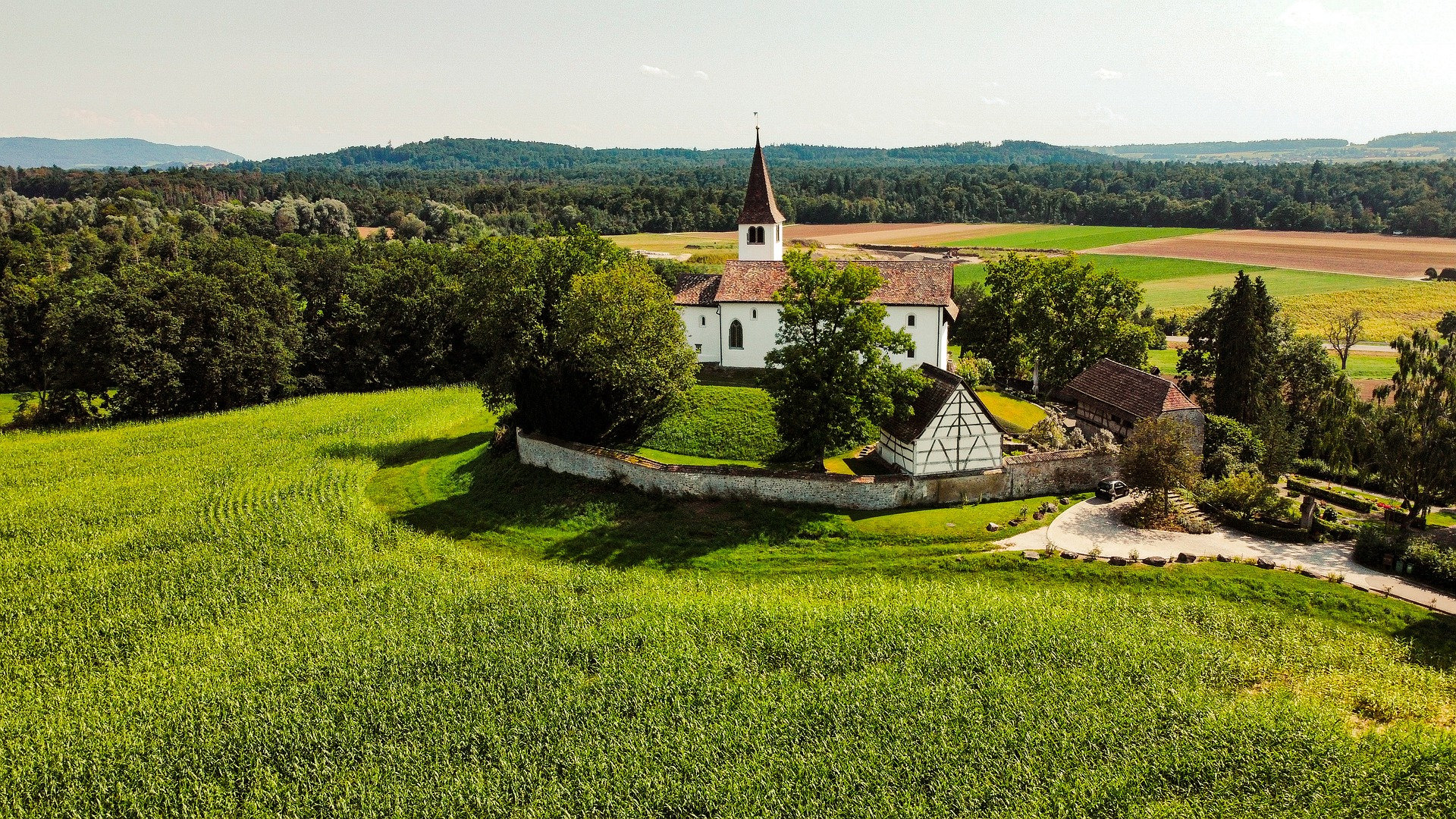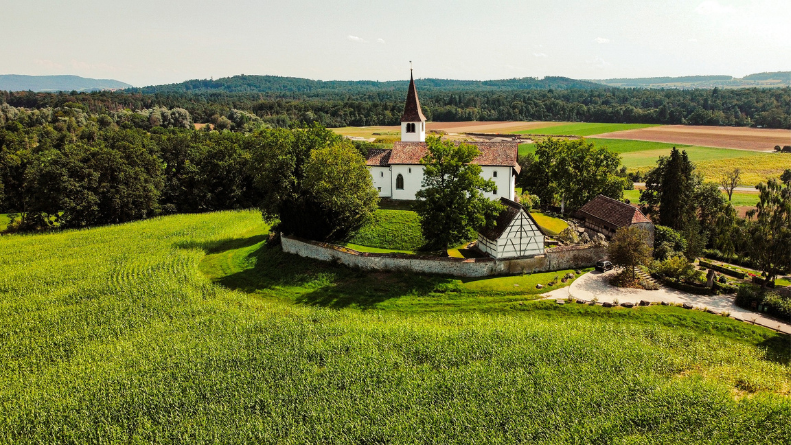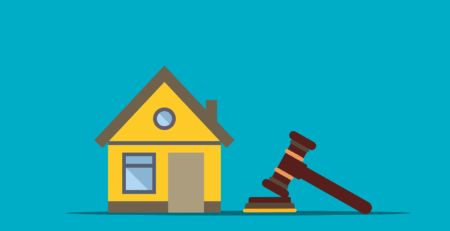Which Properties Come with Chancel Repair Duty?
In England and Wales, a chancel repair duty refer to archaic laws concerning who is responsible for paying for the upkeep of the local church. The repair work does not pertain to the whole church itself but to the easterly chancel portion where the altar is located.
Even if you are not a churchgoer yourself, certain properties in England and Wales come under legal responsibility for church upkeep, and so you may be unwittingly taking on this responsibility without realising it. To most, they may seem outdated, but laws going back centuries give some churches the right to impose costs on the local community to help maintain them.
Despite these laws being in place, it’s very unlikely that a homeowner subjected to these laws will receive a bill for repair work. However, it is still possible that a homeowner will receive a bill that could potentially be in the hundreds of thousands of pounds and have to pay out for legal costs in contending with the bill.
While the law changed in 2013 regarding chancel liability, making it less likely a homebuyer will get a nasty surprise, it is still possible that this could happen, which is why you need to know about their existence and what to look for when searching for your dream home.
The origin of the chancel repairs
Although chancel repair liability typically applies to older properties, it is still a financial risk that applies to even newer homes, which is why this needs consideration before buying your home.
It was in the 1500s when this liability was first established, and it came shortly after the establishment of the Church of England by Henry VIII. After the monarch started to sell off monasteries to wealthy buyers, this in turn transferred the upkeep of the church from the religious order to the new owners of these properties. As time passed, the majority of monasteries were sold, and the chancel repair liability remained attached to the land that they stood on.

The geographical range of these liabilities can be quite extensive, depending on the individual parish church. Some homebuyers may be looking at property that seems quite distant from the church and think they are free from responsibility, but in fact, they may not be. Chancel repair responsibilities are permanent and are automatically passed along when the affected property is sold on, or even if the property has been demolished and a new property has been constructed in its place, since the responsibilities are attached to the land and not the property itself.
Homebuyers of properties subject to chancel repair laws need to realise that the liability is “joint and several.” What this is referring to is that any one of the homeowners that fall under this liability is responsible for the full cost of the repairs. The repair work could be modest and be in the range of a few hundred pounds, or it could potentially be in the hundreds of thousands of pounds, a sum that would cause stress and worry to anyone.
The reason why some buyers may not realise they could be liable for chancel repair liability is that the sellers have never been asked before to contribute toward the repair cost. Sellers, in other words, may be none the wiser about the liability attached to the land their homes are on. This is why the buyer and their solicitor are the ones who must take responsibility for checking if this liability applies to the property and not rely on what they are told by the seller.
Change of rules
Due to the uncertainties around potential home buyers’ identifying properties that have chancel repair liability attached to the land, the UK government introduced some changes to the rules to help make it easier.
The most significant change is that, as of October 2013, all chancel repair liabilities must be registered at the Land Registry. Many churches do not bill local residents, but they are still advised by the government to register the liability even if they don’t plan on billing residents for future repair work.
Furthermore, for any churches that failed to register by this date, they could still register after causing some confusion. However, for those churches that did not register by this date, it would be very unlikely that you would receive a nasty surprise bill in the post if you purchased the property after the deadline for registration. Homeowners who received the property as a gift or inheritance, or who already owned the property before the 2013 deadline, could potentially receive a bill one day through the door.
Protection from liability
- Liability searches
- Liability insurance
Liability searches
Along with all the other searches conducted by your solicitor when buying a house, such as the local authority search and environmental search, you can request that they also conduct a chancel repair liability search.
If the property you are looking at buying is located near a parish church that dates back to the 1600s, then your conveyancer will likely suggest a chancel liability search be conducted to make sure.
The two basic chancel searches available are the “chancel check” report and the “full chancel search.” The first search will look to see if the property in question is located within a parish where a potential liability exists. This search will cost about £20. The second search is much more thorough and involves someone visiting the Public Records Office to inspect documentation and maps to see if the property is subjected to chancel liability. This search will cost about £100, will likely take longer to complete and could potentially return with an ambiguous answer.
Liability insurance
In situations where it is not clear if a chancel liability exists, or whether you know one certainly does exist, it’s advisable to take out insurance cover to protect against potential costs imposed by the church.
The purpose of this insurance cover is to protect not only you but also your lender. It will protect you from all costs that you would otherwise have to pay the church, including legal expenses.
The level of insurance that is best for you will be determined by the level of search that you conducted. Where only a “chancel check” was conducted, then the top level of insurance is advisable to cover any potential liability that might arise. This will be around £20 for this level of cover. A deeper level of insurance cover will cost about £40, and this is suited to where it is known for sure that a repair liability does exist.
ARE YOU READY TO START INVESTING?
Subscribe to our mailing list now for exclusive deals, investment guides and the latest information from the property market.







